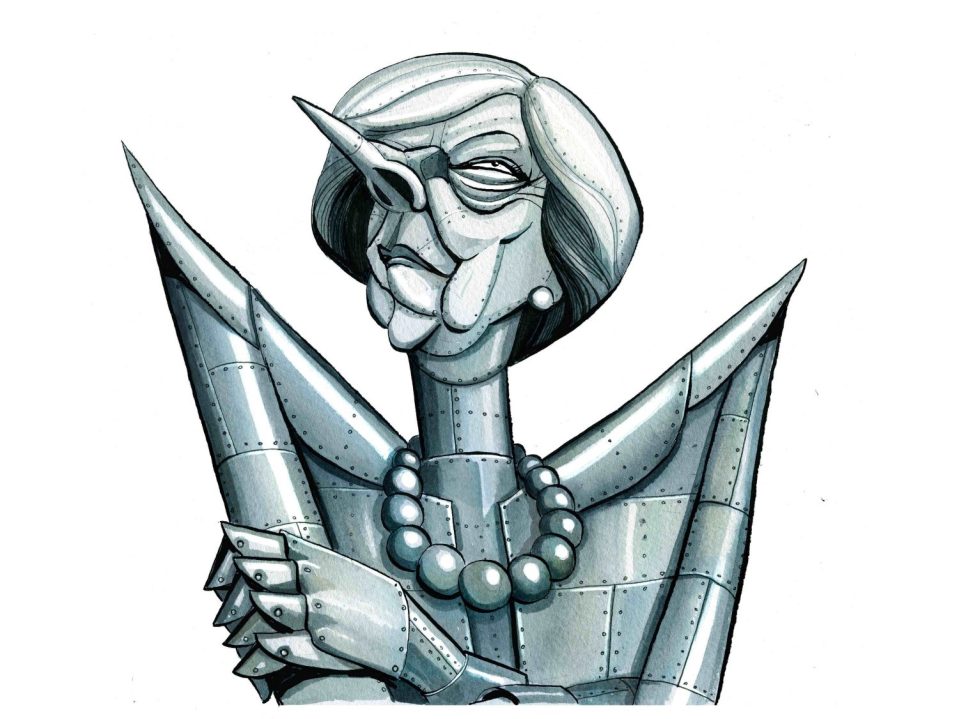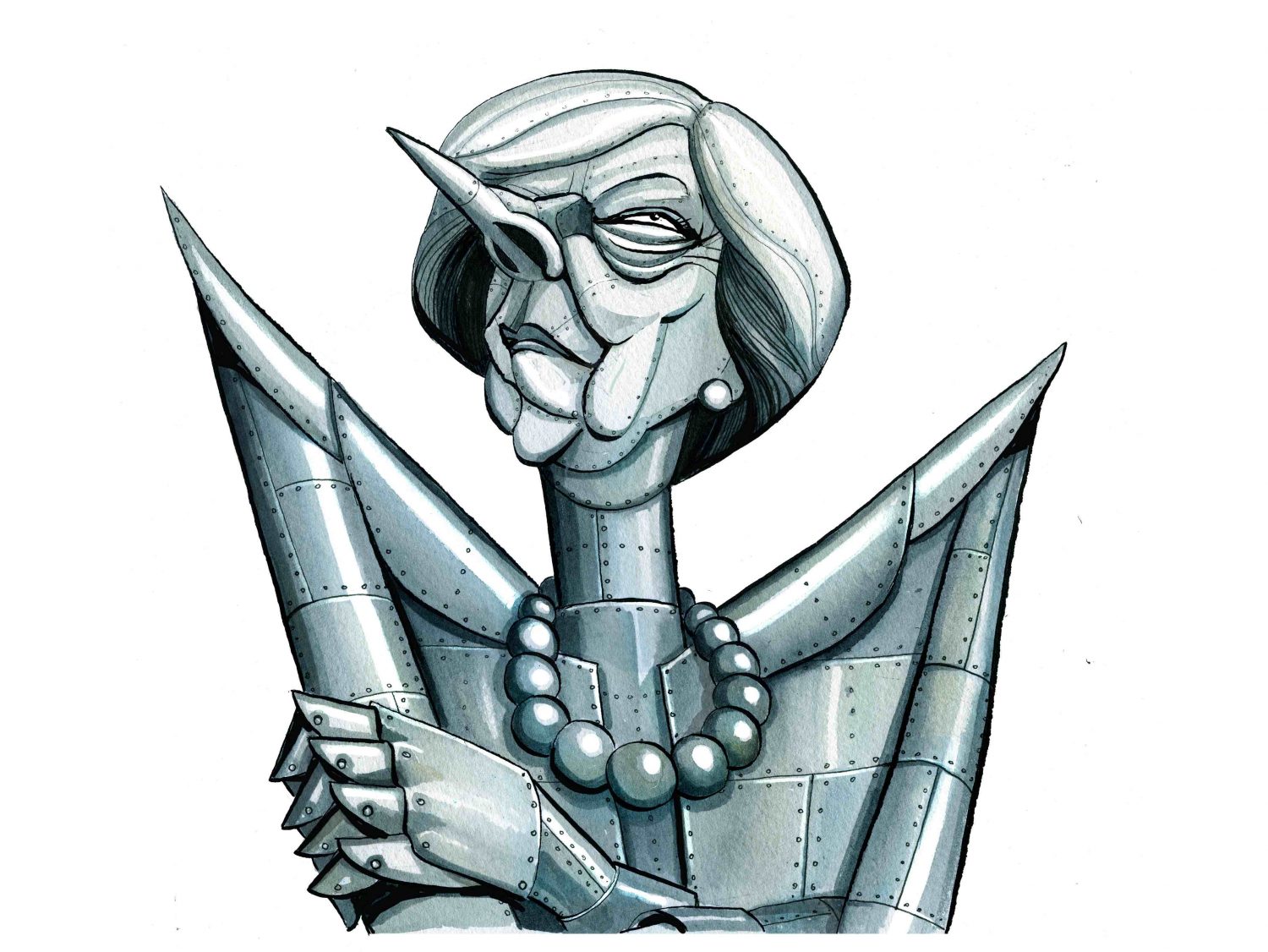Nothing has the potential to harm Theresa May’s weakened government more than a battle over the rights of Parliament. Just remember the PR disaster for the government that was the government’s High Court battle with Gina Miller over the right for a Parliamentary vote on the exercise of Article 50. Having fought and lost in the courts, the government had no trouble whatsoever in passing the Article 50 legislation. Why expend so much energy in a battle which makes you look authoritarian and yet which you never needed to fight in the first place?
Tonight, Labour will be hoping to repeat the exercise with the vote on the second reading of the European Union (Withdrawal) Bill. They will hope to inflict a defeat, like Gina Miller, not directly over Brexit but over the right of Parliament to scrutinise legislation. They will oppose what they call a ‘power grab’ on the part of ministers, carefully playing on the main theme of the successful Leave campaign – parliamentary sovereignty. Look, they will say to Eurosceptic backbench MPs: you wanted to leave the EU because you wanted to repatriate powers to the UK parliament — so why are you ceding those parliamentary powers to the executive?
The ‘Great Repeal Bill’, as the European Union (Withdrawal) Bill is popularly known, always was a misnomer. It repeals the 1972 Act that enabled us to join what was then the Common Market, but nothing else. Rather, it incorporates many hundreds of EU-derived laws into domestic law. In time, some of these laws may be abolished, but this bill does not do that job. The bill is a simple matter of convenience: copy everything into UK law and then debate at leisure what we want to keep and what we want to dump.
The problem arises because some of these laws cannot simply be incorporated into UK law without being amended – because, for example, they refer to European courts when, in order to continue to function, they will have to refer to British courts. So the government has asked for executive powers to ‘correct’ legislation as necessary, and without resorting to Parliament.
It might make sense from an operational point of view, but surely someone in government ought to have foreseen that it would provide an opportunity for the opposition to score a victory which, even if it can be swiftly reversed with a concession or two, will make the government look in disarray. How much better, as with the Gina Miller battle, if someone had asked: is this really a battle worth fighting? The charge of a ‘power grab’ could then have been countered by offering Parliament some kind of vote on amended legislation.








Comments